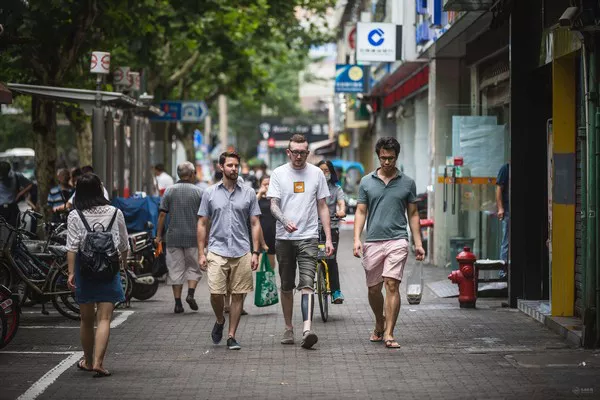After months of rigorous training in counseling, Veron Blue, pastor at San Antonio’s Family Life International Ministries, finally had the opportunity to apply her newfound skills. During a training exercise, fellow trainee Deborah Johnson posed as a hypothetical client dealing with depression. Blue commenced the session with positive reinforcement, saying, “I am so proud of you for coming to this meeting.” The session concluded with applause from fellow trainees and instructors, underscoring the power of combining pastoral care with counseling knowledge.
Blue and Johnson are among ten participants from eight different Christian churches in San Antonio who have undergone training through Harvard Medical School’s EMPOWER program. This unique initiative aims to equip clergy and church members with basic counseling skills, enabling them to offer brief counseling sessions to community members. The program, designed not to handle severe mental illnesses beyond depression, emphasizes referring complex cases to clinical providers.
“We know the people we are talking to in church, and there is already a built-up trust and dialogue,” said Minister Greg Carter from Vertical Church in San Antonio. “It makes sense for us to use this program.”
Sponsored by The Congregational Collective
The free 12-month program, sponsored by The Congregational Collective—a nonprofit organization founded by H.E. Butt Foundation in 2023 to support San Antonio faith communities in promoting mental wellness—draws on 25 years of research in India. This research demonstrated that community health workers and non-clinical providers could deliver mental health assistance as effectively, if not more effectively, than clinical providers.
Rebecca Brune, executive director of The Congregational Collective, noted, “With the workforce shortage struggle, we needed to figure out how to distribute mental health treatment from an equity perspective. What better place to go to than faith communities, where Latinos and African-Americans already have trust in.”
Program Implementation and Future Steps
By the end of the year, the initial group of trainees will move on to internships at San Antonio’s New Opportunities for Wellness (NOW) clinic. There, they will conduct nine skills-building sessions and handle three to five test cases under supervision. By November or December, they will be able to deliver services independently and assist in training the next cohort of religious leaders.
Rev. David Murillo, lead pastor at St. Paul Lutheran Church in San Antonio, emphasized the program’s alignment with the church’s longstanding mission of community outreach. Roxanna Johnson, the church’s Congregational Collective coordinator, shared an instance of applying her training to help a couple seeking asylum from Honduras.
EMPOWER’s Global and Local Impact
The EMPOWER program teaches participants to treat depression using positive emotions, the same training that mental health providers receive. John Naslund, an instructor in Global Health and Social Medicine at Harvard, highlighted that leveraging faith leaders has been successful worldwide and is now being implemented in the U.S., starting with San Antonio.
Naslund stated, “San Antonio was perfect because there was already interest in collaboration between churches and clinical partners. Also, there is a huge need in Texas, so there is a motivation to make it work.”
Addressing Challenges and Setting Boundaries
David Roberts, a psychologist at the NOW clinic, noted the importance of distinguishing between pastoral care and clinical counseling roles. Megan Fredrick, director of programs at the NOW Clinic, emphasized the necessity of setting boundaries and referring cases beyond their expertise, especially those involving suicidal ideation.
“The current mental health care system isn’t working,” Naslund said. “We had to find a different way. This is meant just to add additional help.”
Rev. Murillo encapsulated the mutually beneficial relationship between mental health providers and churches: “The church gets to help and serve people. The clinics can connect with clients they might have had difficulty getting a hold of. And the school can do their study. Everybody wins.”
Related topics:





























